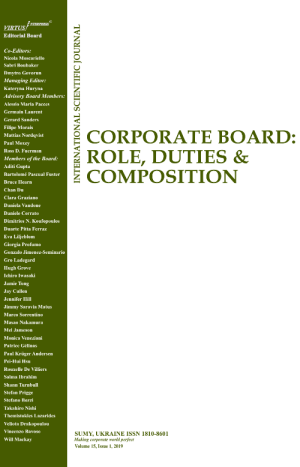
THE BENEFITS AND PITFALLS OF EMPLOYEES WORKING FROM HOME: STUDY OF A PRIVATE COMPANY IN SOUTH AFRICA
Download This ArticleAbstract
Working from home is a worldwide trend and effect companies in various ways. This study focussed on South African circumstances and examined the cost saving implications for a private company and their employees if they would be able and allowed to work from home. Further, relationships between structural and relational factors with experience with virtual work were studied. Based on the data collected from 48 respondents, study found that majority of the employees were willing to work from home and the savings to company was estimated at R1 058.25 per month on rental, electricity, levy, rates, sewer and water expenses, while employees could save an average of R8 822.06 per month if they do not travel to work. On the other hand employees will spend only R347 per employee if they work from home. Relationship between structural factors and relational factors with perceived virtual work experience was found positive. Professional isolation and job performance was found highly negatively correlated.
Keywords: Professional Isolation, Job Performance
How to cite this paper: Garg, A. K., & van der Rijst, J. (2015). The benefits and pitfalls of employees working from home: Study of a private company in South Africa. Corporate Board: role, duties and composition, 11(2), 36-49. https://doi.org/10.22495/cbv11i2art3



















